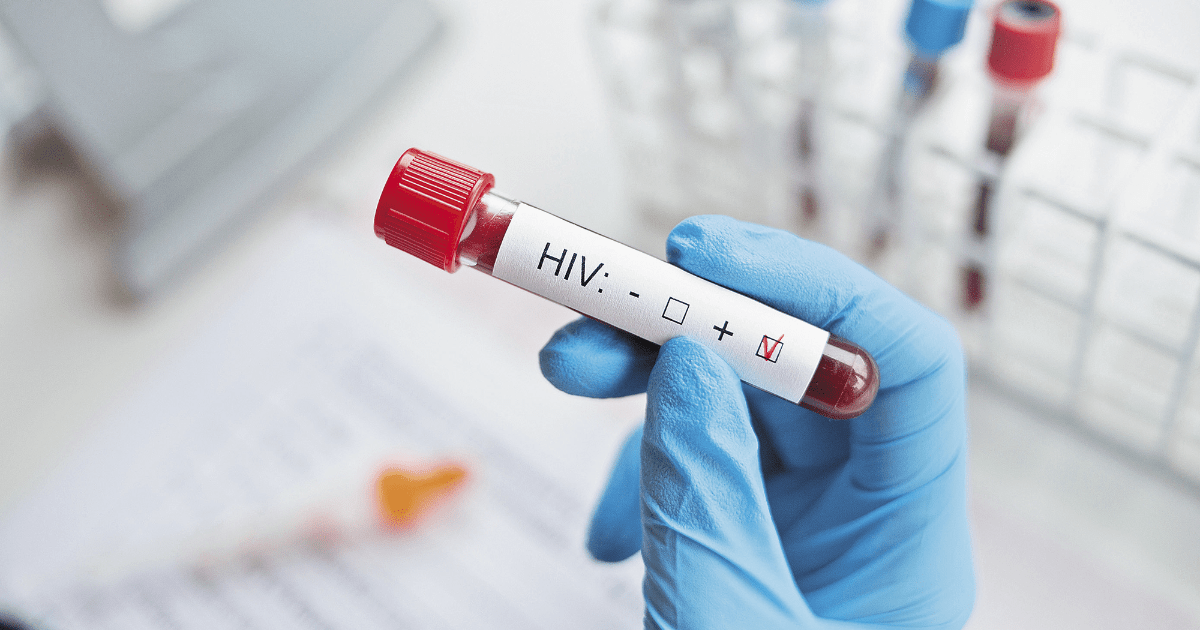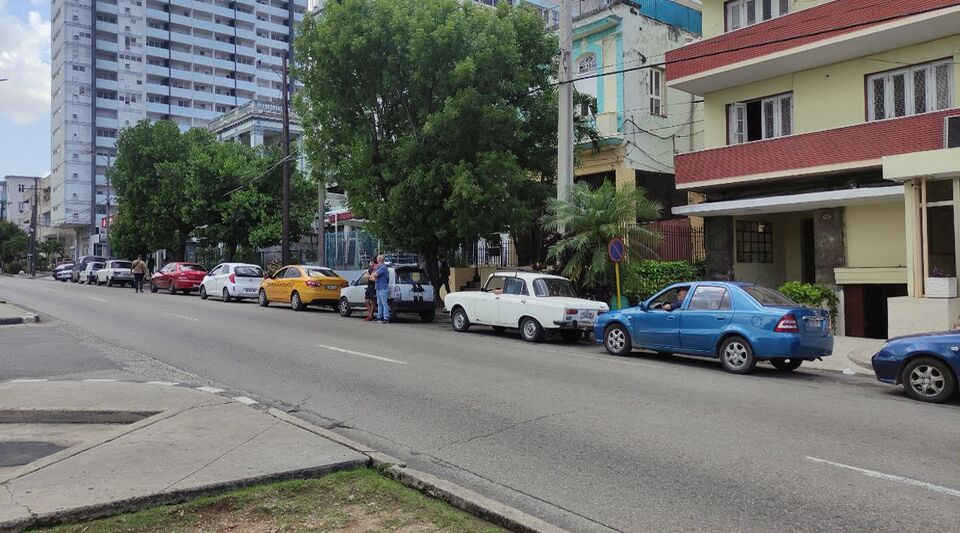The Colombian justice ordered to lift the protocols that prevent homosexual men from donating blood, a restriction that dates back to the crisis of the HIV/AIDS of the 1980s and 1990sannounced a high court in the country.
The health authorities have a period of two months to “eliminate any reference made to sexual orientation and gender identity as risk groups or factors in blood donation,” announced the Constitutional Court, which oversees compliance with the magna carta
After studying a legal action filed by a couple of men who “were denied the possibility of donating blood for having a sentimental relationship”, the Court concluded that the ban implies “structural discrimination”.
The regulations in force in the South American country excluded homosexuals from donations for allegedly being a population at higher risk of exposure to HIV.
But contagion is not linked to sexual orientation “but risky sexual practices, such as receptive anal sex without the use of condoms,” the magistrates explained.
France, Spain, Italy, Israel, UK and Canada have recently taken similar steps to relax restrictions on blood donations.
According to Canadian authorities, the current risk of contracting HIV through a blood transfusion, with all the samples analyzed, is “very low”: 1 in 20.7 million.
In that country, the ban was introduced in 1992 after a contaminated blood scandal that caused thousands of Canadians to become infected with HIV after receiving transfusions.
The Canadian Red Cross, which managed blood donations at the time, had not adequately tested and screened donors.
According to the Red Cross, excluding gay men has led to a global blood shortage. Reserves have dropped 10% since March 2020, according to the entity.

















